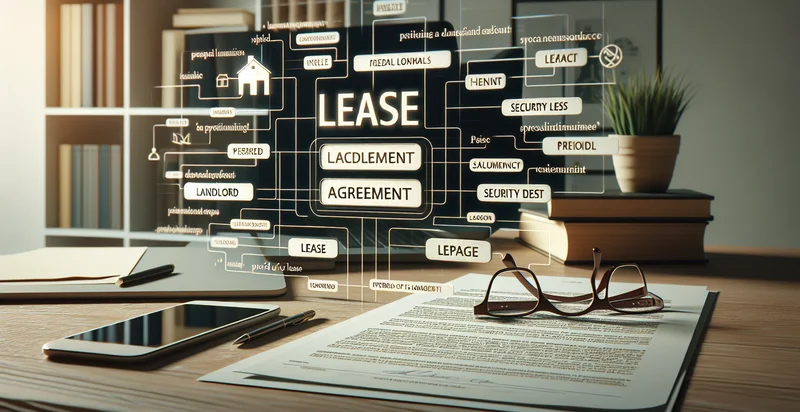Identify language of service agreement
using AI
Below is a free classifier to identify language of service agreement. Just input your text, and our AI will predict the relevant clauses and terms based on the service agreement language. - in just seconds.

Contact us for API access
Or, use Nyckel to build highly-accurate custom classifiers in just minutes. No PhD required.
Get started
import nyckel
credentials = nyckel.Credentials("YOUR_CLIENT_ID", "YOUR_CLIENT_SECRET")
nyckel.invoke("language-of-service-agreement", "your_text_here", credentials)
fetch('https://www.nyckel.com/v1/functions/language-of-service-agreement/invoke', {
method: 'POST',
headers: {
'Authorization': 'Bearer ' + 'YOUR_BEARER_TOKEN',
'Content-Type': 'application/json',
},
body: JSON.stringify(
{"data": "your_text_here"}
)
})
.then(response => response.json())
.then(data => console.log(data));
curl -X POST \
-H "Content-Type: application/json" \
-H "Authorization: Bearer YOUR_BEARER_TOKEN" \
-d '{"data": "your_text_here"}' \
https://www.nyckel.com/v1/functions/language-of-service-agreement/invoke
How this classifier works
To start, input the text that you'd like analyzed. Our AI tool will then predict the relevant clauses and terms based on the service agreement language..
This pretrained text model uses a Nyckel-created dataset and has 46 labels, including Arabic, Basque, Bengali, Bulgarian, Catalan, Croatian, Czech, Danish, Dutch and English.
We'll also show a confidence score (the higher the number, the more confident the AI model is around the relevant clauses and terms based on the service agreement language.).
Whether you're just curious or building language of service agreement detection into your application, we hope our classifier proves helpful.
Related Classifiers
Need to identify language of service agreement at scale?
Get API or Zapier access to this classifier for free. It's perfect for:
- Contract Compliance Monitoring: Organizations can implement the language of service agreement identifier to automatically assess compliance with contractual language. This tool can flag any deviations from pre-defined terms during audits, ensuring that actual service delivery aligns with the agreed-upon terms.
- Risk Assessment and Mitigation: By analyzing service agreements for potentially ambiguous or problematic language, businesses can identify clauses that may pose risks. This allows for proactive mitigation strategies to be developed before issues arise in service delivery or legal disputes.
- Automated Document Review: Legal teams can streamline the review process of service agreements using this identifier. It enables the automation of identifying key terms and conditions, saving time while ensuring that critical contractual language is not overlooked.
- Data-Driven Negotiation Strategy: The language identifier can analyze previous agreements to highlight trends and leverage points in negotiations. This insight helps teams to build strong arguments and more favorable terms in future contracts based on historical data.
- Service Agreement Portability Analysis: Businesses can use the identifier to compare various service agreements across different providers more efficiently. By identifying common language and terms, organizations can easily assess the portability of services offered and make informed decisions.
- Compliance with Regulatory Standards: This function can ensure that language within service agreements adheres to relevant regulations and industry standards. By automating the identification process, companies can maintain compliance and avoid potential legal issues stemming from outdated or non-compliant language.
- Enhanced Client Communication: The identifier can help in tailoring service agreements to better match the communication styles of varied clients. By analyzing language usage, organizations can modify their terms to improve clarity and build stronger relationships with clients through personalized agreements.


